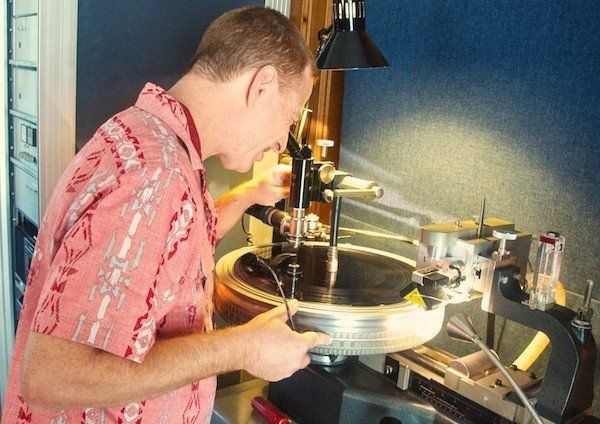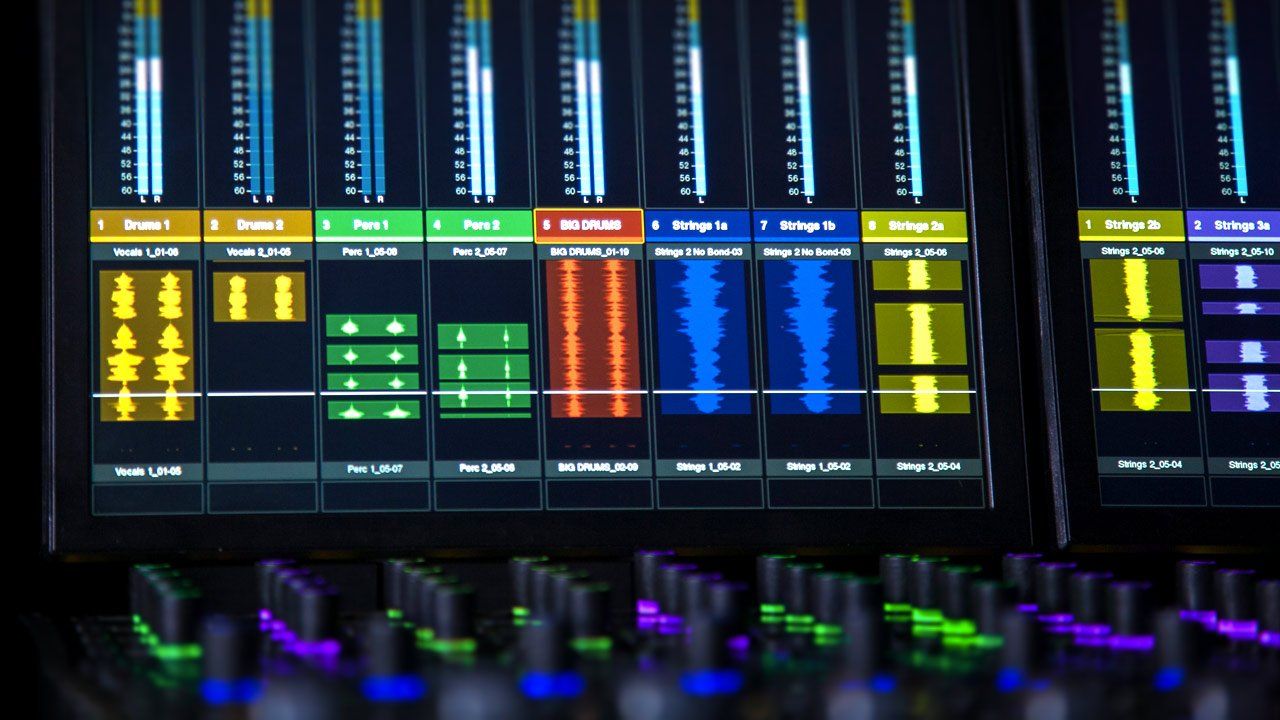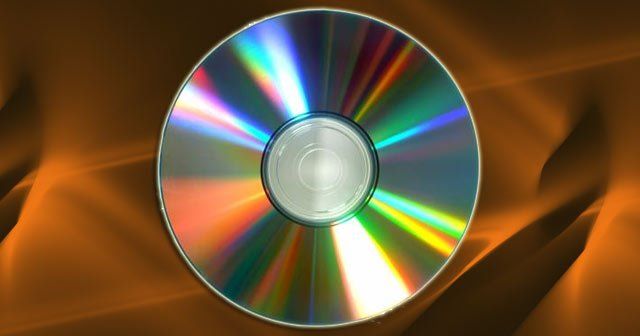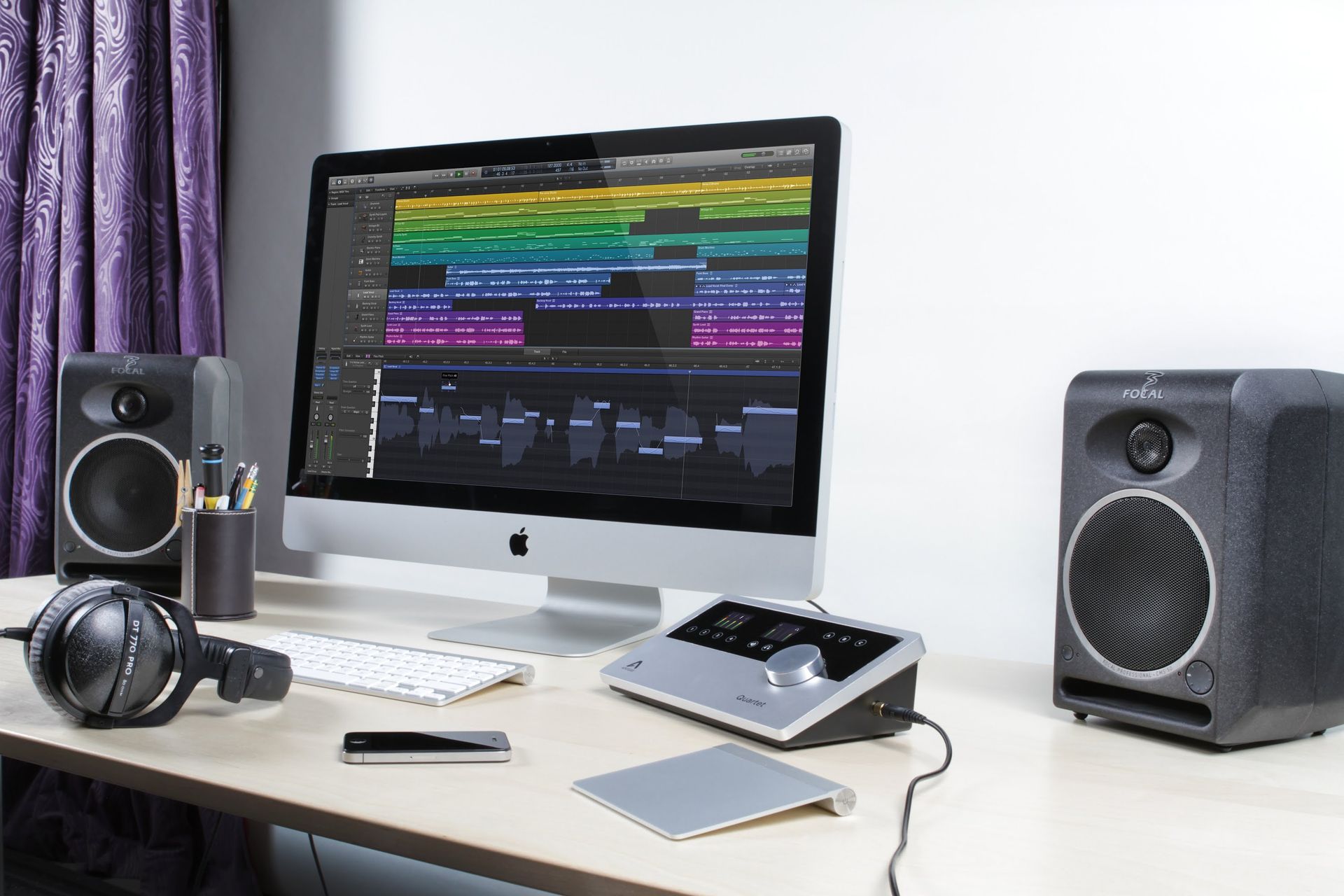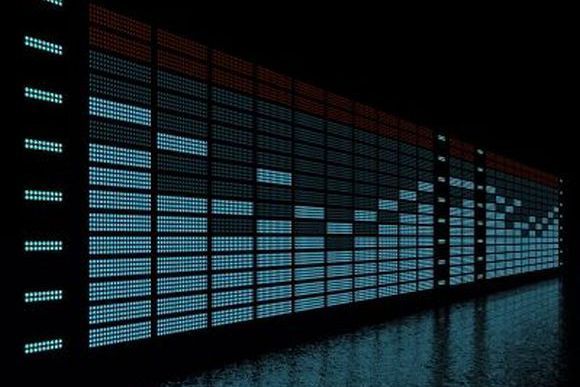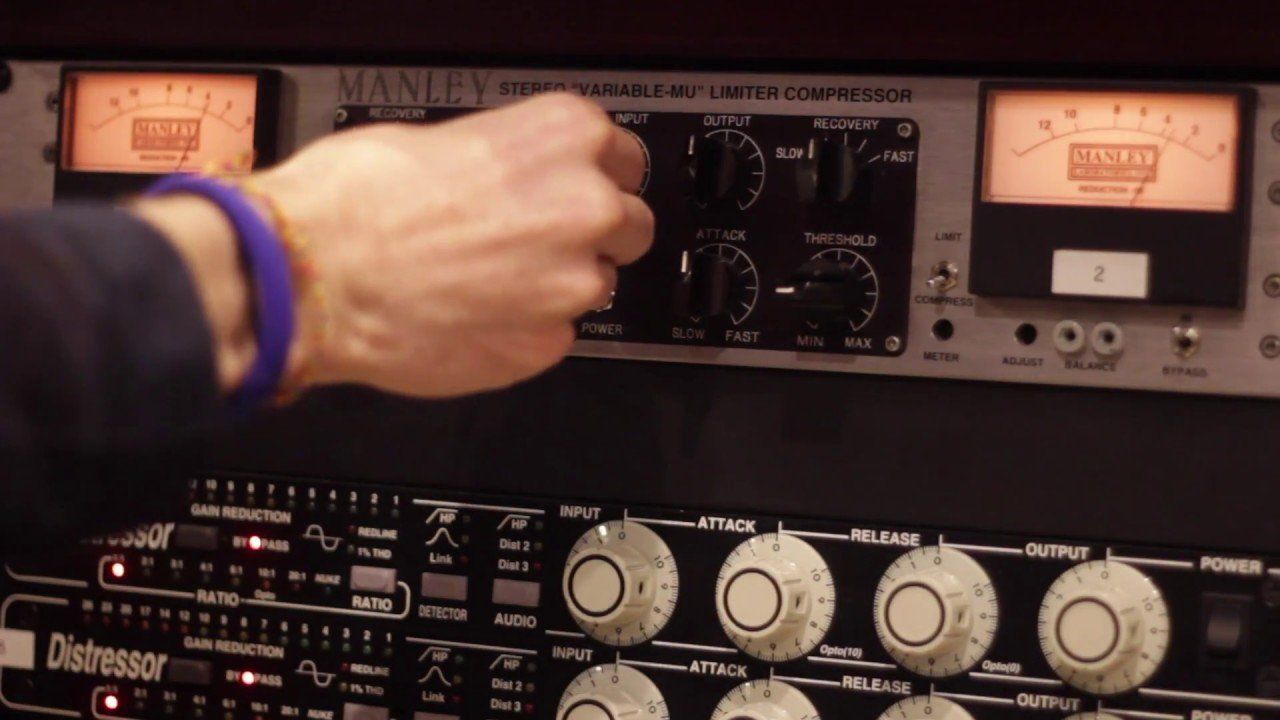The process of mastering has evolved since the 1940s. In the early days much of the process of recording and mastering were done through mechanical processes. Musicians played into an acoustic horn and a master recording was created from energy transferred from the acoustic horn to a mastering lathe. The energy transferred from the horn drove the cutting edge and engraved a groove onto the surface of a rotating disc which was either made from a soft metal alloy or wax. This gave rise to the revolution of vinyl wax records. The term waxing referred to the process of cutting a record.
With the introduction of the microphone and electronic amplification in the 1920s, the process of mastering transformed to electro-mechanical. Mastering lathes were still used to cut into master discs but driven by electricity.
With the emergence of the tape recording technology, master recordings were cut direct to disc. This similar concept has evolved to digital hard-disc recording and is now embraced by 21st century musicians all over the world.
Although magnetic tape was one of the first advances in the recording industry, there were considerable limitations to the electro mechanical mastering process. The 78 rpm disc, 7 inch 45 rpm and including 33 1/3 rpm posed limited constraints in audio quality, dynamic range and running time if we compared it to the compact disc or CD.
Running times were limited by the diameter of the discs and the density of the engraved grooves on the surface without running into each other. Dynamic range was limited. If the audio signal originating from the master tape was too high, it could cause the cutting head to jump off the surface of the disc in the midst of the cutting process.
Until the late 1970s, many recordings were mixed to a master tape in mono or stereo. Prior to the cutting process, the master tape was further electronically treated by a mastering engineer. With the popularity of pop recordings, it was found that master recordings could be optimized through detailed adjustments to the balance and equalization before cutting to a master disc.
This brought birth to a new and highly demanded role called the mastering engineer. Record companies eventually realized that a good mastering engineer was the utmost equation into a successful hit record. As a result, from the 1950s to the 1980s, the best mastering engineers were highly sought for their skills and experience.
The evolution of mastering continues into the 1990s when the cutting process was replaced by a laser technology. With the coming of the digital age, the electro mechanical process was replaced by laser employed by most DAWs (Digital Audio Workstations). It later became popular in many mastering facilities as it also supported graphical user interface (GUI). Today, it is still common for many mastering facilities to use a combination of both digital and analog media and processing.


